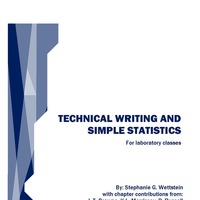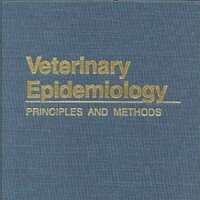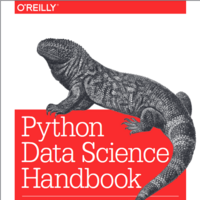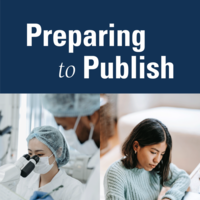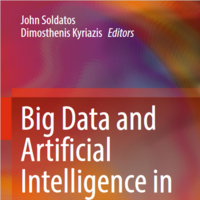Search
Books+
Searching 1,730 books
Search related to the career Biostatistician
Qualifications for a Biostatistician:
Education:
- A bachelor's degree in statistics, mathematics, or a related field is typically required.
- A master's degree in biostatistics or a related field is highly recommended.
- Some positions may require a Ph.D. in biostatistics or a related field.
Strong Analytical Skills:
- Proficiency in statistical analysis methods and techniques.
- Ability to interpret complex data and draw meaningful conclusions.
- Knowledge of experimental design and hypothesis testing.
Programming Skills:
- Proficiency in statistical software packages such as R, SAS, or STATA.
- Familiarity with programming languages like Python or MATLAB.
- Ability to write efficient and well-documented code.
Knowledge of Biomedical Sciences:
- Understanding of biological and medical concepts.
- Familiarity with clinical trials, epidemiology, and public health research.
- Ability to collaborate with healthcare professionals and researchers.
Communication Skills:
- Strong written and verbal communication skills.
- Ability to present statistical findings to both technical and non-technical audiences.
- Effective collaboration and teamwork abilities.
Attention to Detail:
- Ability to work with large datasets and ensure accuracy.
- Strong problem-solving skills.
- Careful documentation and record-keeping.
Ethical Considerations:
- Understanding of ethical guidelines and regulations in research.
- Knowledge of privacy and confidentiality principles.
Please note that specific qualifications may vary depending on the employer and the nature of the biostatistician role. It is always beneficial to gain practical experience through internships or research projects in the field of biostatistics.
Source: Various AI tools
Searched in English.
